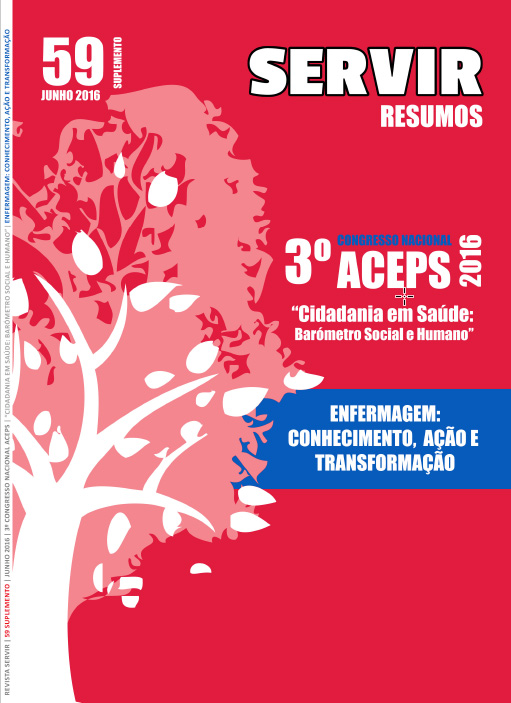Health a social asset
How to the nurses promote human rights in the clinical practice?
DOI:
https://doi.org/10.48492/servir0259.23096Palabras clave:
Human Rights, Dignity, Nursing Care, Patient’s rightsResumen
Introduction
Will nurses, given the increased ageing of the population, the rise of chronical and incapacitating disease and the higher and higher patient-nurse ratio, continue being able to proceed in such a way which does not risk the dignity of their patients, which does not risk ethical principles and which does not neglect the principles of equity and solidarity that are guaranteed by the Universal Declaration of Human Rights ?This opinion articles intends to reflect on the “modus operandi” of nursing, confronting the proclaimed rights and the daily reality.
Development
Dissecting about the patient’s rights, the Portuguese reality of the existing cares are compared to whom is beginning and ending life. For those who begin their existence it is assured cares of excellence in all levels, the same fails to happen on the patients which are facing the end. The reasons thought to be responsible for this lack of equality are associated with the specific knowledge and resources in palliative care, giving special notice that this area of intervention requires, apart from technical and scientific knowledge, high levels of humanization and excellent communicational resources. It is even pointed the “non communication” as an obstacle for the participation of the patient on the decision process and, consequently, an impediment on the autonomy right.
Conclusion
In closing, it is numerated the implications of abiding by the human rights while caring for the patient and his family as it permits a more effective intervention by the nursing area and promotes the dignity of the patient as a person.
Descargas
Descargas
Publicado
Cómo citar
Número
Sección
Licencia
No intuito de promover a livre circulação do conhecimento, a Servir funciona em regime de acesso livre (open access). Todo o seu conteúdo está disponível e protegido sob a licença Creative Commons (CC BY 4.0).
A revista permite o auto-arquivo em repositórios institucionais de todas as versões, podendo ficar imediatamente disponíveis.


